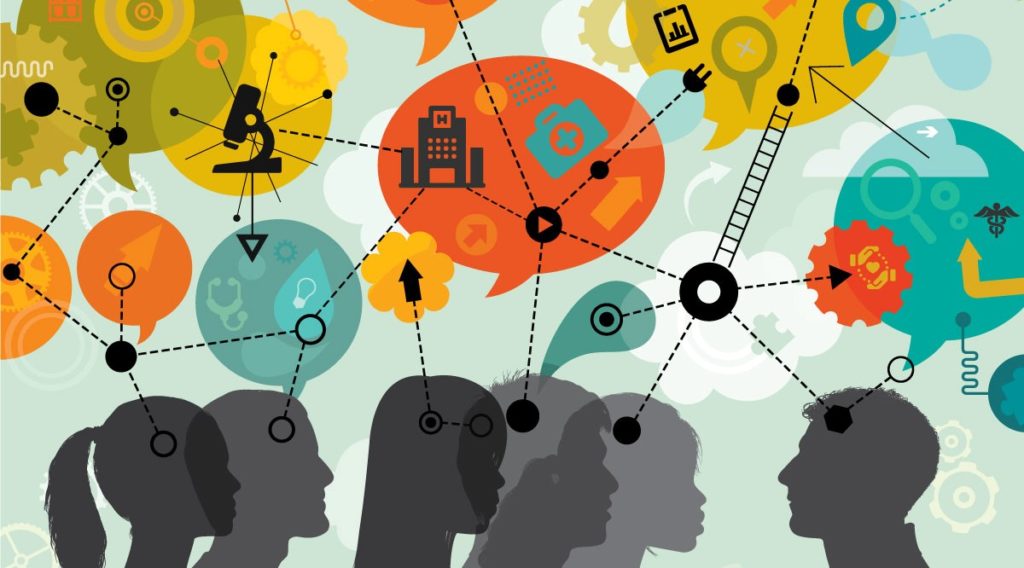Highlight 20/2022 – How can Strategic Intelligence be used as an innovative concept to pursue Agenda 2030?
Ysobel Pareja, 11 April 2022

Foresight and the ability to articulate the current and future trends into strategy has been a key determinant of any company’s success. A company that is equipped to face a volatile, everchanging economy and adapt to its new needs is able to guarantee its stakeholders of its ability to continue its business and overall still reach its objectives. This process of collecting and analyzing data to formulate informed decisions and policies can also be referred to as strategic intelligence. It is the ability to be able to address the continuing changes and challenges an organization faces. While the term has been commonly used in corporate jargon, the process can also be seen applied in national and international governance aspects. Strategic intelligence is crucial in policy formation in a state’s foreign policy and in development agendas due to the interconnectedness of the issues that are discussed.
Agenda 2030 and its plan to eradicate all forms of poverty is a huge endeavor that all states have committed to. Through the Sustainable Development Goals, the Agenda is a holistic attempt to target all areas in sustainable development to ensure every person can lead fulfilling and prosperous lives. The Agenda and the SDGs were drafted with the idea of not targeting specific policy sectors but be used as a transversal guiding principle that all states must be cognizant of in making policy decisions. In its declaration (A/RES/70/1), it highlights how the Agenda is built upon previous declarations and outcomes of previous conferences and calls for integrated solutions for such interrelated issues. There must be a systemic understanding of the issues in an interconnected world such as today to address it methodically yet holistically.
Strategic intelligence then is crucial to be able to achieve the Agenda’s goals, to bring together all relevant data to make better decisions to address the issues brought up by each of the 17 SDGs and the 169 targets. The SDGs themselves are not isolated from each other. Each goal is linked to another and through strategic intelligence, states and other actors can be guided so that policies formulated and actions taken may be able to address more than one target or goal at a time. Through a methodological analysis of the driving factors that impact each of the SDGs, actors can take action that not only would address one of the goals but also anticipate the effects it would have on achieving the other goals or targets. Strategic intelligence likewise addresses the need for the UN development system itself to “ensure coherent and integrated support to the implementation of the new Agenda…” International organizations would do well to adapt strategic intelligence mechanisms to build on previous programs and support states. One example would be the World Economic Forum which launched its Strategic Intelligence platform that was designed to allow its users to visualize the links between various issues. Having a broader view to be able to see the causality and links of various issues allows actors to make sense of the data, gain a new perspective and develop a new and more comprehensible approach to tackle the challenges brought by the rapidly evolving world we live in today.
Ysobel Pareja, Highlight 20/2022 – How can Strategic Intelligence be used as an innovative concept to pursue Agenda 2030?, 11 April 2022, available at www.meig.ch
The views expressed in the MEIG Highlights are personal to the author and neither reflect the positions of the MEIG Programme nor those of the University of Geneva.
